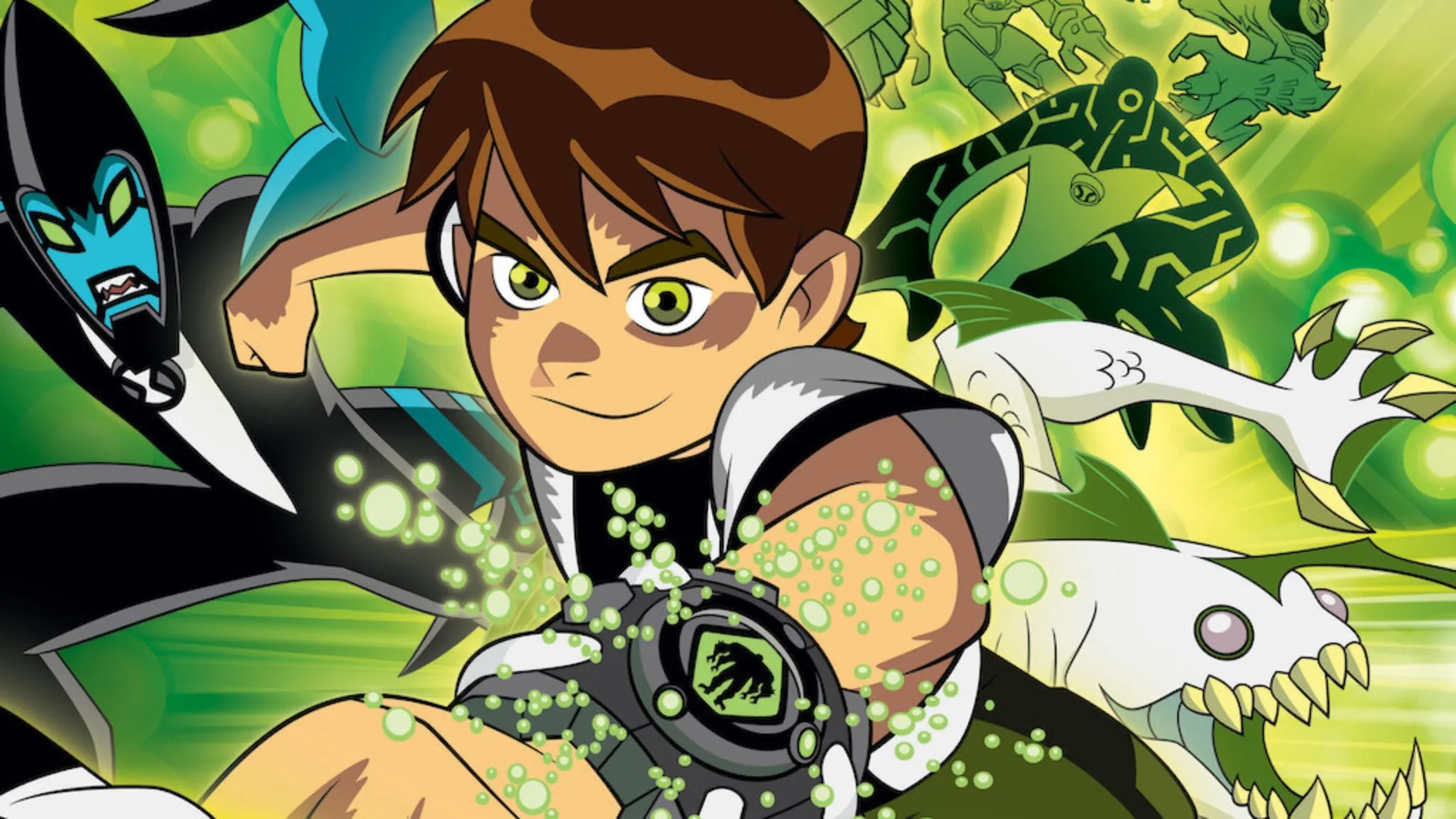How Lost Lost the Plot: A Journey from Greatness to Confusion

When Lost premiered in 2004, it was nothing short of a cultural phenomenon. With its gripping mystery, complex characters, and mind-bending twists, the series had audiences hooked like few shows before it. Created by J.J. Abrams, Damon Lindelof, and Jeffrey Lieber, Lost masterfully combined sci-fi, survival drama, and psychological thrills into a unique viewing experience.
However, as the seasons went on, Lost gradually lost its way. What started as a tightly woven mystery unraveled into a convoluted mess of unanswered questions, frustrating twists, and divisive storytelling choices. By the time the series concluded in 2010, many fans felt that Lost had, ironically, lost the plot.
A Strong Start with an Intriguing Mystery
The first season of Lost was near-perfect television. The show followed a group of plane crash survivors stranded on a mysterious island, blending thrilling survival drama with deep character development. Each episode introduced compelling backstories through flashbacks, making the characters feel real and layered.
Beyond its human drama, the island itself was a character—filled with strange happenings, from the eerie whispers in the jungle to the ominous smoke monster. The introduction of the Hatch and the Dharma Initiative only deepened the mystery, keeping audiences engaged and eager for answers.
Too Many Mysteries, Not Enough Payoff
While Lost thrived on mystery, it eventually collapsed under the weight of its own ambition. As the seasons progressed, the show introduced more and more questions without providing satisfying resolutions. The numbers (4, 8, 15, 16, 23, 42) seemed significant but were ultimately given a vague explanation. The whispers in the jungle? A rushed answer. The true nature of the island? Still debated by fans today.

Instead of focusing on resolving the core mysteries, Lost kept adding layers of confusion, including time travel, parallel universes, and mystical forces. While these elements were intriguing at first, they often felt like distractions rather than meaningful plot developments.
Character Arcs Became Inconsistent
One of Lost’s greatest strengths was its characters, but by the later seasons, even they suffered from inconsistent writing. Characters like John Locke, who was once the embodiment of faith and purpose, were reduced to a pawn in a larger, convoluted narrative. Jack’s transformation from skeptic to believer felt abrupt rather than natural. Kate, once a dynamic presence, seemed to lack any real purpose by the final season.
Meanwhile, other characters, such as Mr. Eko, were introduced with compelling backstories only to be written off abruptly. Fan-favorite characters like Sayid and Claire also suffered from inconsistent development, making their story arcs frustrating to follow.
The Final Season and a Polarizing Ending
By the time Lost reached its final season, the show had strayed far from its original survival mystery roots. The introduction of the “flash-sideways” timeline further confused audiences, making it unclear how it connected to the main story.
Then came the infamous series finale. While it provided emotional closure for some characters, it left many fans disappointed by failing to answer key mysteries about the island. The reveal that the flash-sideways timeline represented a purgatory-like state frustrated viewers who expected a more satisfying resolution to the show’s many lingering questions.
Instead of clarifying what the island truly was or explaining the deeper mythology, the show ended on an ambiguous note, leading to years of debate and disappointment among fans.
Legacy: A Show That Changed TV, for Better or Worse
Despite its flaws, Lost remains one of the most influential TV shows of all time. It paved the way for serialized storytelling and high-concept mysteries in television, inspiring shows like Westworld and Stranger Things.
However, it also serves as a cautionary tale about over-complicating a narrative without proper planning. Its ambitious storytelling set a high bar, but its inability to provide satisfying answers left a lasting mark on how audiences approach mystery-driven TV.
In the end, Lost will always be remembered as a groundbreaking show that captivated millions—but also as one that, somewhere along the way, lost the plot.






